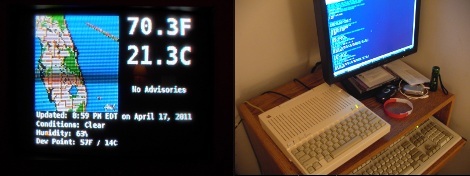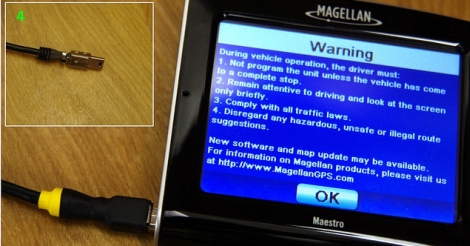It’s been nearly two months since the official entry portion of the 555 timer contest came to a close, and the judges have been busy poring over the 200+ entries since. Now that the votes have been tallied, it’s just about time for the official results to be announced.
The results will be live streamed this evening at 9pm Eastern, and you can watch the results here on uStream or here, with an embedded IRC chat. There will be four main awards given out this evening, highlighting the most complex, most minimalistic, most artistic, and most useful 555 creations. There are also “Best in Show” and “Best Under 18” awards up for grabs, the winners of which were selected by celebrity judges Forrest Mims and Hans Camenzind.
The show will definitely be worth checking out – we’ll be there at 9pm sharp, see you there!
If you want to take a look at some of the 555 Contest entries we featured throughout February, check these out:















